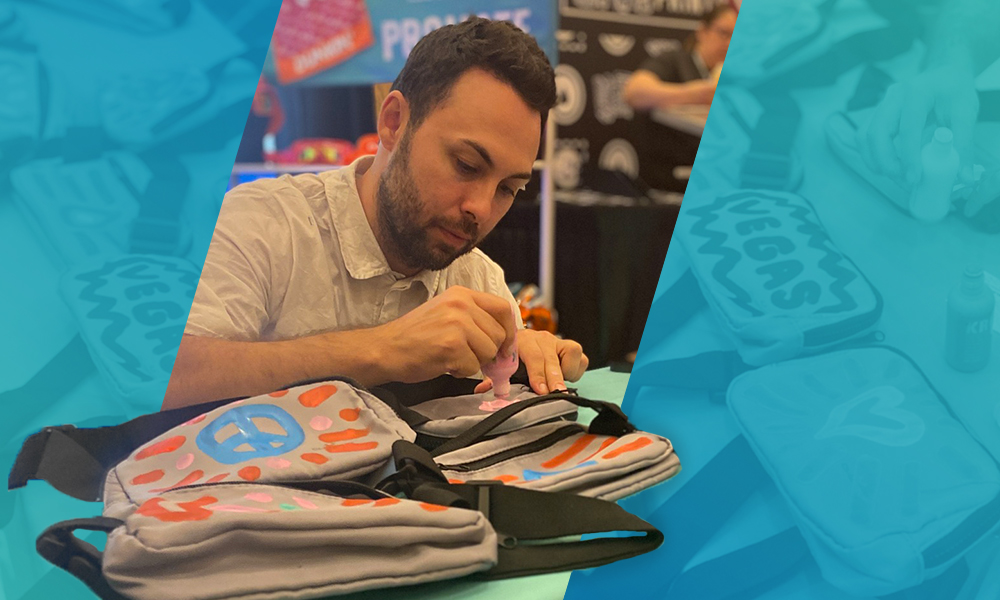In today’s competitive business landscape, standing out from the crowd and capturing the attention of consumers is a formidable challenge. Traditional marketing tactics alone often struggle to create a lasting impact. Enter experiential marketing, a dynamic strategy that has gained significant traction in recent years. In this blog post, we’ll explore the statistics that underscore the necessity of experiential marketing and its potential to revolutionize brand-consumer relationships.
- Engaging and Memorable Experiences:
According to a study by Event Marketer in 2021, 91% of consumers are more likely to purchase products after engaging in a branded event. Experiential marketing immerses consumers in memorable and interactive experiences, forging emotional connections with brands. Such connections are vital for driving consumer loyalty and fostering long-term relationships.
- Enhanced Brand Perception:
The same study from above reveals that 98% of consumers feel more inclined to purchase a product or service after attending an experiential marketing event. By providing firsthand experiences, brands can effectively showcase their unique value propositions, build trust, and differentiate themselves from competitors. Positive brand perception often translates into increased sales and customer advocacy.
- Social Media Amplification:
Experiential marketing generates significant social media buzz. An article posted by Nickelytics found that 98% of consumers who participate in branded events share their experiences on social media. These posts reach a broader audience, amplifying the brand message beyond the event itself. User-generated content and social media conversations serve as powerful endorsements, driving brand visibility and awareness.
- Targeted Engagement:
With experiential marketing, brands can tailor their efforts to specific target audiences. According to an article on Finances Online, 65% of brands that use experiential marketing find it valuable for engaging target markets that are difficult to reach through other channels. By creating personalized and immersive experiences, brands can effectively connect with their intended audience and establish a deeper understanding of their needs and preferences.
- Measurable Return on Investment (ROI):
Contrary to the perception that experiential marketing lacks measurability, it is, in fact, highly quantifiable. Bizzabo indicates that 84% of event marketers believe in-person events are critical to their company’s success, while 91% agree that face-to-face interaction leads to stronger customer relationships. Furthermore, through data analytics and post-event surveys, brands can track metrics such as brand recall, purchase intent, and customer satisfaction, allowing them to gauge the ROI of their experiential marketing efforts more accurately.
Experiential marketing has emerged as a necessary and powerful tool in the modern marketing landscape. The statistics speak volumes about its effectiveness in forging deeper connections with consumers, boosting brand perception, and driving tangible business results. By investing in experiential marketing, brands can leave a lasting impression, and establish a loyal customer base that champions their products and services.
Contact us at CI-Group.com if you would like help with your next experiential marketing efforts.


